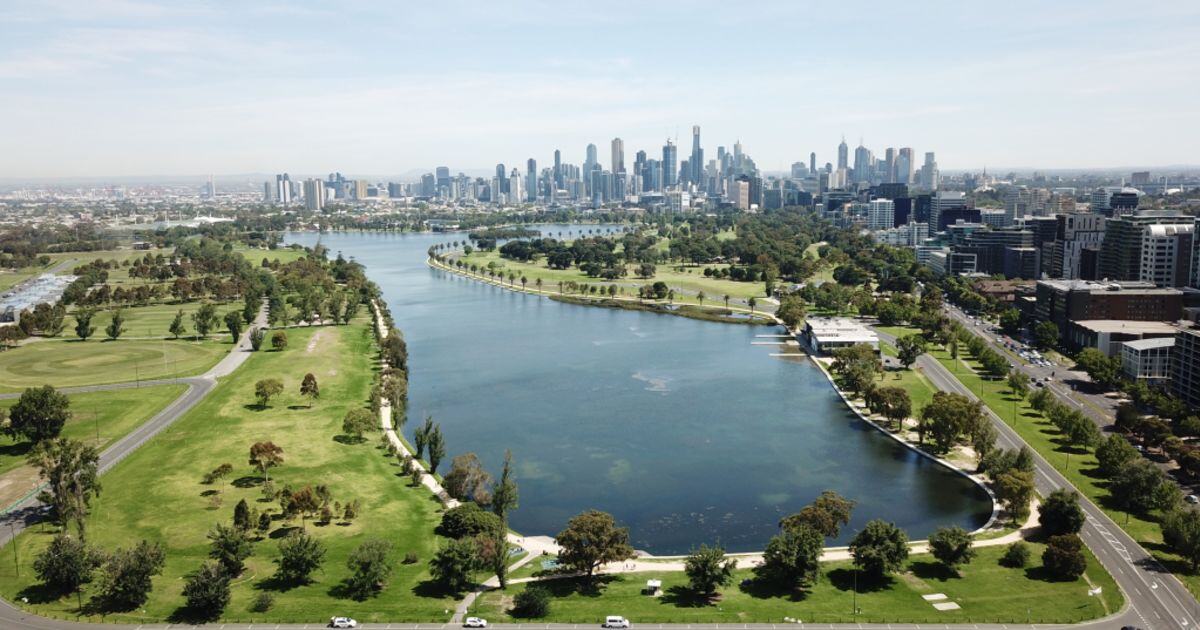The Benefits of Investing Early. How Off-the-Plan Purchases Appreciate in Value.
In today’s competitive property market, buying a home that doesn’t yet exist might sound like a risky proposition. However, more and more buyers and...
3 min read
Norus Blog : Updated on October 30, 2024

Melbourne’s skyline is constantly evolving, driven by a robust development sector that seeks to balance growth with the city's unique character. For developers, navigating the planning and approval process is a critical step towards bringing their projects to life. This blog will break down the key stages involved in getting a development project approved in Melbourne, providing insights into the steps necessary to move from concept to construction.
Pre-Application Phase
The planning and approval process begins long before a formal application is submitted. During this pre-application phase, developers typically engage in preliminary research and consultations to understand the feasibility of their project. This stage may include:
Preparing the Planning Permit Application
Once the initial groundwork is laid, the next step is to prepare and submit a planning permit application. This is a detailed process that requires careful documentation to ensure that all aspects of the proposal comply with relevant planning regulations. Key components of a planning permit application typically include:
Council Assessment
Once the application is lodged, the local council begins the assessment process. This involves:
Decision Making
After the assessment, the council will make a decision on the planning permit. There are three possible outcomes:
Appeals and Reviews
If the permit is refused or if conditions are imposed that the developer finds unacceptable, there is an opportunity to appeal the decision. This is done through the Victorian Civil and Administrative Tribunal (VCAT). The appeals process involves:
Post-Approval Compliance
Once a planning permit is granted, the developer must comply with all conditions attached to the permit. This may include:
Commencement of Construction
With all necessary permits in hand, construction can begin. Throughout the construction phase, developers must ensure ongoing compliance with all relevant permits, conditions and regulations. Regular inspections may be conducted by the council to ensure that the project is proceeding as approved.
The planning and approval process in Melbourne is complex, involving multiple stages of assessment, consultation and compliance. Understanding this process is essential for developers to navigate the regulatory landscape effectively and bring their projects to fruition. By engaging early with council planners, community stakeholders and relevant authorities, developers can streamline the approval process and contribute positively to Melbourne's urban growth.
The information provided on our website, blogs, social media, and any affiliated websites, is general information from opinions generated from research, information and personal experiences pertaining to the relevant topic. They are intended to provide insights and information on the related topics and not provided to be the entire source of information for individuals. Individuals are encouraged to source further information from real estate professionals and affiliates. Information should not be regarded as legal or real estate advice. The materials are provided for informational purposes only and do not constitute legal advice or should not be solely relied upon for legal advice. Every effort is made to ensure the information is reliable and up to date.

In today’s competitive property market, buying a home that doesn’t yet exist might sound like a risky proposition. However, more and more buyers and...

Ever wondered why Melbourne's south-eastern suburbs are among the most sought-after areas to live in? This region's unique blend of vibrant...

Buying property requires thorough research to ensure a wise investment. One crucial aspect of this process is assessing developers, as their...